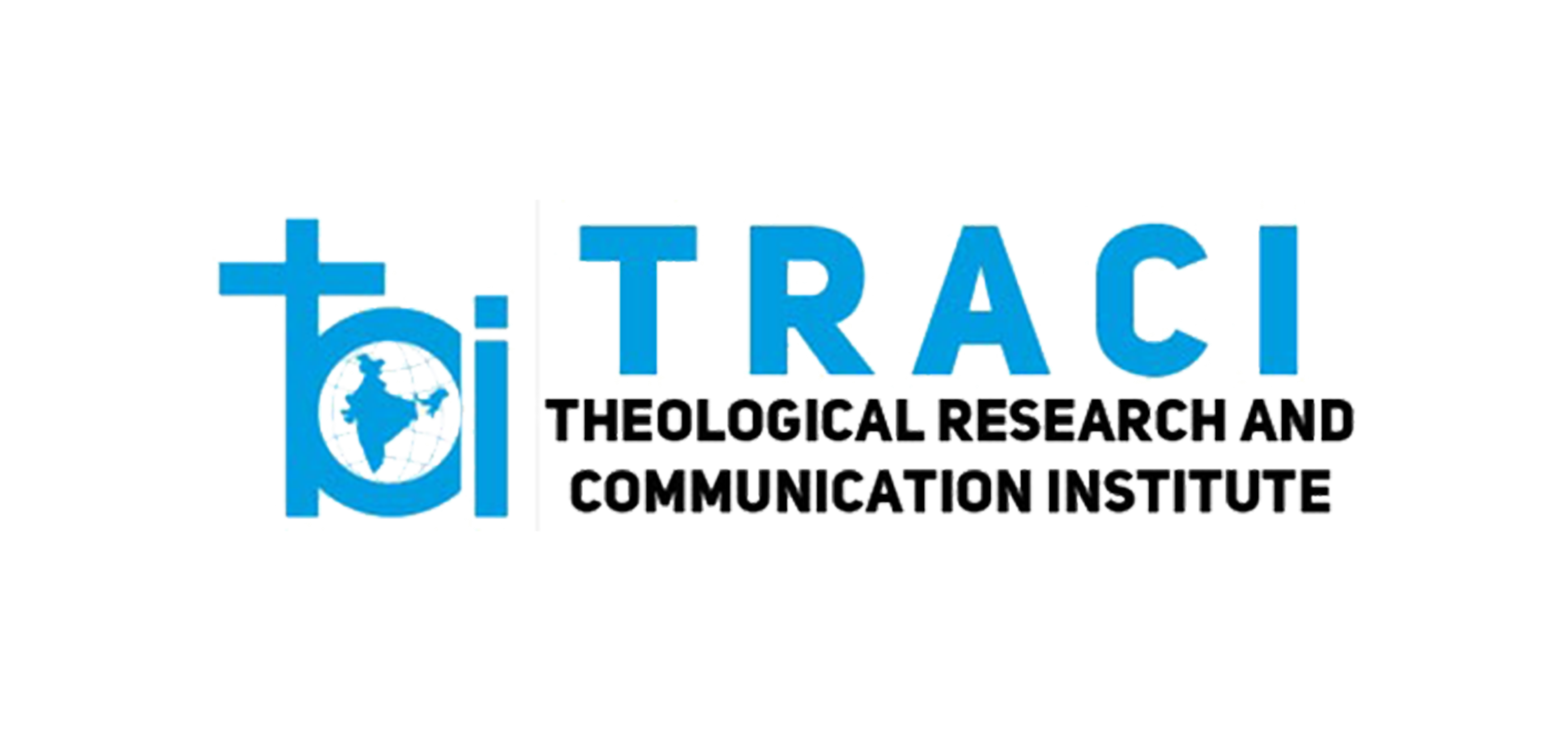KEY TAKEAWAYS FROM TRACI REFLECTION: “CASTE CONUNDRUM: CHURCH – COMPLICIT OR CATALYST FOR CHANGE?
On the 26th of July 2024, the Theological Research and Communication Institute (TRACI), grappled the pressing issue of caste within the church and society in its ongoing Reflection series. The reflection featured a panel of distinguished speakers who shared their insights and personal experiences. The session was moderated by Raaj Mondol – TRACI’s Director of Thought and Leadership.
The monthly Reflection session is an online monthly conversation series which addresses critical issues concerning the church and society, providing a platform for diverse perspectives to guide Christ followers in determining actionable steps. These sessions are a reflection of TRACI’s commitment to fostering reflection and dialogue on pressing societal concerns.
Caste and Society
The session on “Caste Conundrum: Church – Complicit or Catalysts for Change,” aptly titled, centered on the persistent issue of caste in Indian society. Drawing on Isabel Wilkersons analogy of caste as an x-ray that reveals the fractures within society, Raaj Mondol highlighted the deep-rooted nature of caste. It explored the pervasive influence of this social evil i.e caste across multiple domains, including politics, government, judiciary, business, education, and even within a religious context like Christianity.
The session featured three distinguished panelists:
Sumit Samos, a political policy researcher from Odisha, shared his experiences from an anthropological lens. The anthropology of Christianity, caste, and citizenship through this work on caste discrimination reflects on the role of local churches in shaping political consciousness among marginalized groups.
Dr. Ram Surat, a theologian and sociologist from Uttar Pradesh, recounted his transformative spiritual journey and his advocacy for Bahujan communities drawing from his extensive research on the concepts of Bali Raja and Ram Rajya.
Cynthia Stephen, a social policy researcher and women’s rights activist from Bangalore, brought her wealth of experience in gender, poverty and development, emphasizing her engagement with UN conventions and efforts to raise constitutional awareness among women and the youth.
They shared deeply personal accounts of their experiences with caste illustrating the pervasive nature of caste discrimination across their different life stages and different regions in India. Sumit’s experience with caste began during his childhood in Odisha where untouchability was a daily reality. He recounted how his awareness of his caste identity became more pronounced during his high school years, shaping his understanding of societal barriers prevalent in society. Dr. Ram Surat offered insights from his early life in Uttar Pradesh where people were subjected to overt caste discrimination such as derogatory name-calling and the practice of caste-segregation in schools and society. Cynthia’s realization of caste identity, unlike the other panelists, took a different trajectory. Despite growing up with certain privileges that shielded her from overt discrimination, her eventual realization of caste-based barriers was when such incidences both affected and informed her work as a social policy researcher and activist.
Caste in the Church
The discussion then turned to a more complex and often contradictory role of caste within the church. Sumit provided a nuanced analysis of how Christian in India understand and respond to issues on caste, categorizing them into different groups based on the level of their awareness and engagement. He highlighted that the internal diversity within the church complicates efforts to address casteism from within. Following from this contextualization of caste, Dr. Ram Surat highlighted the gap between the church’s teachings and the lived reality of many believers. He called for a more genuine practice of Christian values and morals to combat the persistence of casteism. Cynthia brought an enlightening perspective – that of the intersectionality of caste – focusing on the compounded discrimination that Dalit women face in the church. She emphasized the need for greater awareness and empowerment, advocating for the church to address not only caste but also gender-based injustices within the community.
Ambedkar’s Vision and the Annihilation of Caste
Building on the discussion on caste within the church, the panel delved into Dr. B.R Ambedkar’s call for the annihilation of caste – a vision that continues to challenges both society and religious institutions. Exploring the paradox that arises when striving for a casteless society while still retaining their caste identities, the dilemma communities face is both historical and theological. The panel reflected on how Ambedkar’s vision remains relevant even today, particularly within the Christian community who grapple with their own complicity in perpetuating caste divisions. The discussion also emphasized the difficulty of dismantling such deeply ingrained social structures, especially when intertwined with collective identities that are either religious or cultural. However, it is necessary to realize the significance of such struggles for any meaningful pursuit of justice and equality needs to address the systemic nature of caste.
Practical Steps for Change
The discussion shifted to actionable strategies considered important for the church to adopt in order to become a catalyst for change in addressing caste discrimination. Several practical steps were considered that could help the church align its teachings with its practices when it comes to promoting equality and justice. These included the importance of the church practicing what it preaches by actively confronting caste-based discrimination whenever they are experienced and by fostering a more inclusive environment within the church. One of the key proposals was the need to create toolkit for churches to provide churches and church leaders with actionable and concrete steps towards ensuring justice for marginalized caste groups.
Audience Engagement and Conclusion
The session concluded with a dynamic Q and A session between the panelists and the audience where important questions were asked and suggestions were offered on how to tackle caste within the church. One significant topic of discussion was the practice of having separate churches for different caste groups which many felt was a tradition that undermines the unity of the church and does nothing more than perpetuate casteism. The engagement on the dilemma or paradox of identity highlighted the complex intersection of faith, identity and social justice. The suggestion from the participants to develop the proposed toolkit for churches, was received with much support from the panel as a practical measure to address caste discrimination.
In closing, Raaj Mondol thanked the panelists and the audience for their participation and emphasized on the importance of continuing these difficult yet critical conversations, reiterating that addressing social evils such as caste requires sustained dialogue and collective action to making meaningful progress.
Juliana Kimneilam serves is the Research Associate in TRACI. With a Master’s in Sociology from JNU, she has been involved in various qualitative research projects focusing on mental health, gender and organizational sociology. Julian being agile on the social media platforms has made communications from TRACI on events and Publications accessible across.

